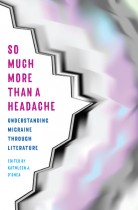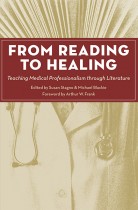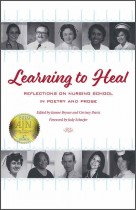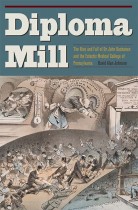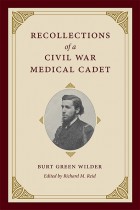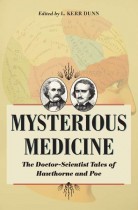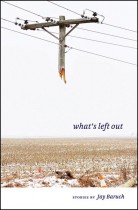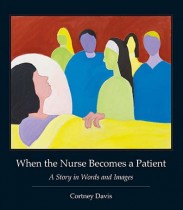MedSpeak Illuminated
François I. Luks | Filed under: Art, Education, Health Humanities, Medicine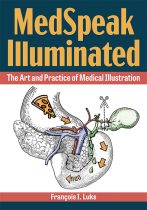
Living at the intersection of medicine and art, medical illustration is a field that is not well understood by most—especially by physicians and other healthcare practitioners. In this comprehensive and practical guide to medical illustration, pediatric surgeon François I. Luks provides a useful overview of the field and explains its essential function in facilitating true communication between healthcare providers and their patients.

